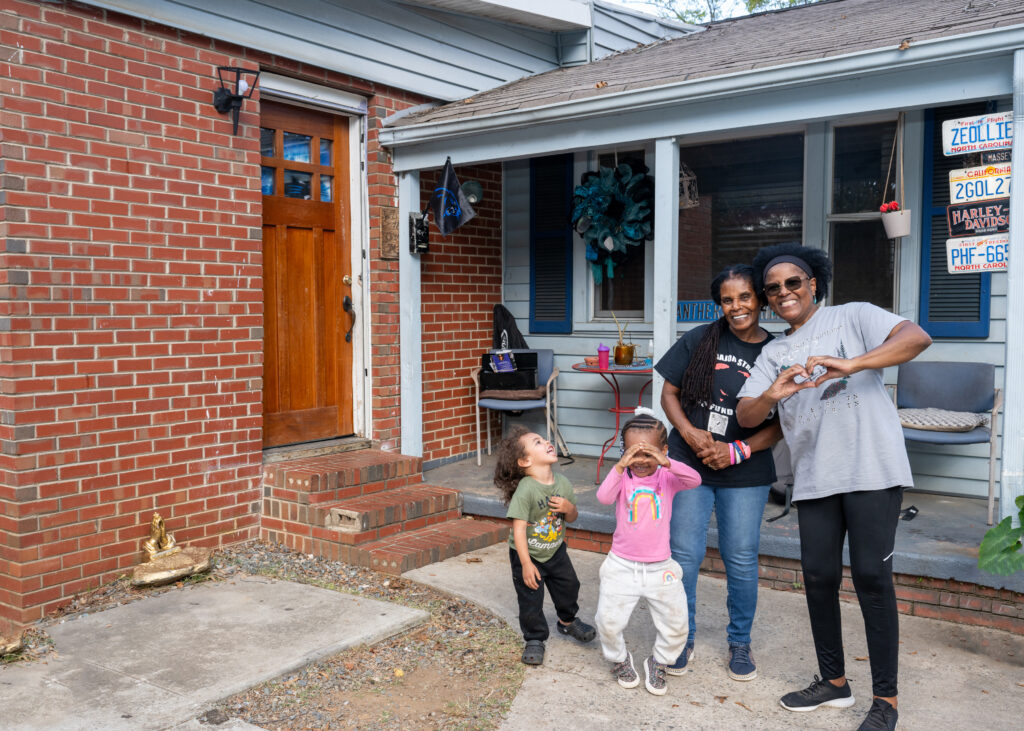
Renai sat in the living room, her fingers tracing the edges of the worn, yellowed pages in front of her. The large notebook she pulled out was bursting with legal documents—court filings, letters from creditors, and a maze of legal jargon that had become her constant companion. Each sheet represented a small victory, a relentless fight to keep her home—a home that had sheltered multiple generations of her family for over 50 years.
Big Mama, her late mother, had bought the house in 1971, a year marked by struggle and triumph. The house wasn’t just four walls and a roof. It was the heart of their family and the pulse of the neighborhood. Big Mama was the matriarch in every sense—her spirit so large it filled the entire block. She didn’t just raise her own children here; she raised the community. Everyone was welcome, whether they needed a meal, a place to sleep, or simply someone to talk to. Renai grew up in that environment, watching her mother offer sanctuary to anyone in need. Big Mama’s kindness was legendary.
That same spirit coursed through Renai’s veins. When her own children were born, they took their first steps on the wooden floors of the house. Their laughter echoed in the backyard, where tents were often set up for nights spent under the stars. It was more than just a yard—it was a world of memories. Every summer, the family hosted reunions there, filling the space with the sound of music, cousins running wild, and stories passed down from the elders. The grandkids loved exploring the trail just beyond the yard, a secret path that connected them to nature and generations past.
Desperation pushed her to the Advocacy Center, a last-ditch effort to save what she could. The process wasn’t easy. Renai found herself drowning in legal terms and bankruptcy proceedings, but with the Center’s help, she filed for Chapter 13 bankruptcy, allowing her pay off the now $27,000 debt due to the foreclosing attorney’s fees. It was a decision that came with sacrifices. For the next five years, Renai, now retired and living on social security, spent more than half of her monthly income on the settlement. Each payment was a painful reminder of the struggle, but it also fueled her determination. She couldn’t let her mother’s home slip through her fingers.
Renai remembered the late nights her mother spent working, her hands worn from years of labor, and her heart swelled with resolve. Renai wasn’t just fighting for herself; she was fighting for her mother’s legacy, for her children’s memories, for the future generations that would walk these halls.